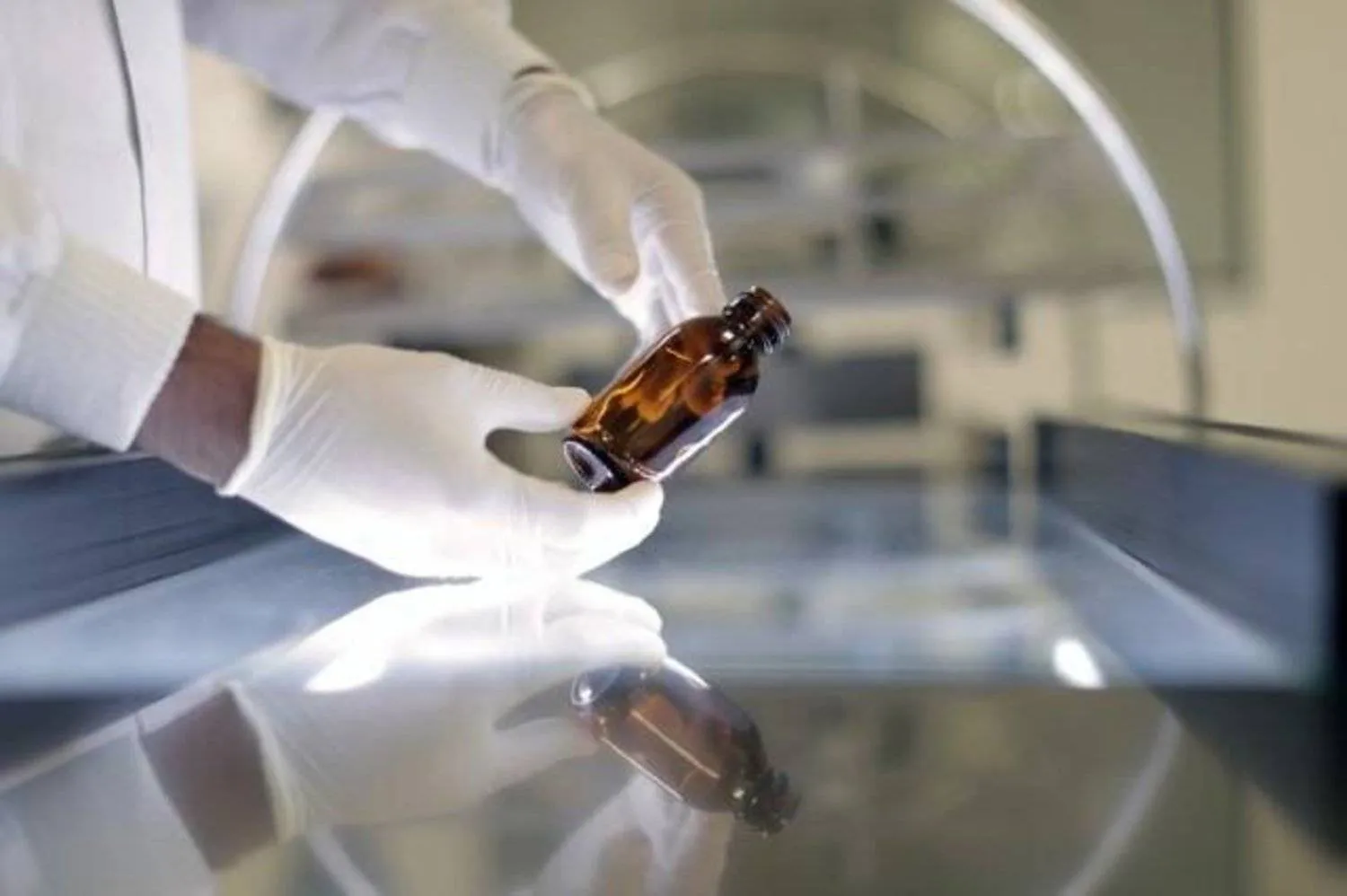Saudi Arabia’s industrial sector witnessed billion-dollar investment deals and the opening of qualitative new factories in 2023, within efforts to advance the country’s industry, in line with the national strategy that was developed by the country to shape the future of this sector and improve the domestic product.
According to a report issued by the Ministry of Industry and Mineral Resources on Thursday, during 2023, the government announced 50 investment opportunities in the machinery and equipment sector worth more than SAR 96 billion ($25.6 billion), as well as projects in the food industry worth SAR 20 billion ($5.3 billion).
Last year, the ministry issued a license for the first Saudi brand to manufacture electric vehicles (Ceer), which is wholly owned by the Public Investment Fund, in addition to opening the first factory in the Kingdom to manufacture electric vehicles (Lucid).
Also in 2023, the ministry issued the first industrial operating license for NEOM Green Hydrogen Company, which is based in Oxagon. The ministry signed an agreement to open the first factory for type 2 diabetes medications, and also announced another facility for the manufacture of insulin.
Saudi Arabia won the hosting of the 21st session of the General Conference of the United Nations Industrial Development Organization (UNIDO 2025).
Minister of Industry and Mineral Resources Bandar Al-Khorayef, during his speech at the closing ceremony of the Nomu industrial business accelerator and incubator initiative on Wednesday, stressed the system’s keenness to promote small and medium enterprises, which provide entrepreneurs and innovators with promising opportunities for growth and expansion into various industrial activities.
Industrial SMEs represent about 92 percent of the total number of establishments in the system and employ 55 percent of the workforce in the sector.










